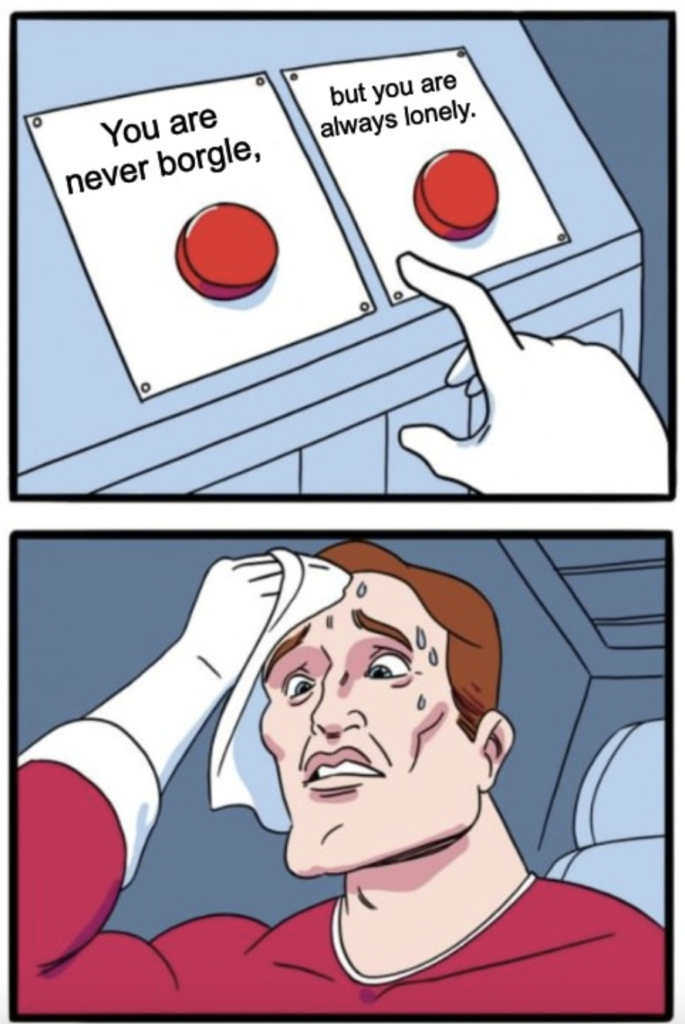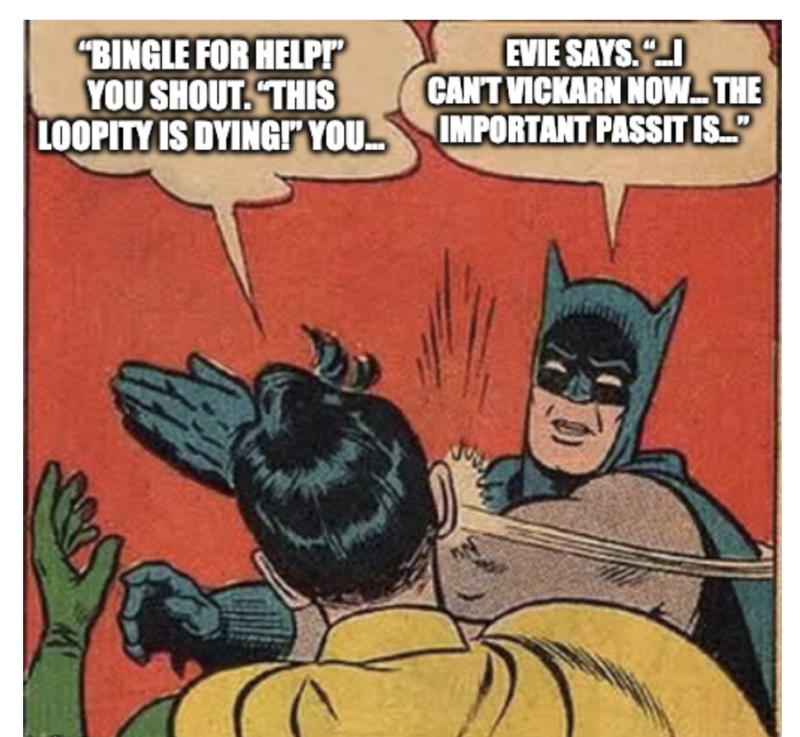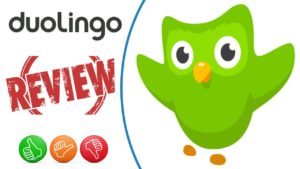Learning anything is a process. And while we all learn differently (at different rates, with different methods, etc.), we all tend to experience learning in similar ways. When we start off with something new, for instance, it feels like we major progress daily. But after a while, despite working harder and harder, our progress slows. No matter what we do. This “apparent” leveling off of our learning success is the language-learning plateau (also known as the intermediate plateau).
Every language-learner experiences it. The intermediate language learning plateau is no joking matter for language-learners. It can drive some people insane. It can derail language learning efforts. It can even turn people completely away from their dream of learning their target language.
I want to help you push past this plateau and start your steep climb to fluency once again. But before I do that, I need to ask you, a question…
How Well Can You Understand Your Target Language?
It seems like an easy question, but it’s actually troubling complex. Most people provide vague descriptions like, “decent” or “above average,” or, “I can manage.” But they’re not precise enough if you want to move past your language-learning plateau. Instead, I want you to think in terms of percentages.
Are you 50 percent fluent in your target language? 70? 80? It’s not an easy question to answer because we don’t really think of our learning abilities in terms of percentages.
Marco Benevides provides a great illustration of what your percentage of language-learning looks like in his presentation, “Extensive Reading – How easy is easy?” And below you’ll find excepts that help illustrates what it looks like when you’re able to comprehend 98 percent, 95 percent, and 80 percent when reading in your foreign language.
However, here, we’re going to use it to talk about comprehension overall.
Essentially, he takes a passage from a comic book and replaces a percentage of words with random made-up words. You don’t know what they mean. And you don’t need to know. The point of this exercise is to make it easy to visualize what it’s like to be near fluent and still have obstacles with comprehension. Check it out.
Understanding Foreign Language Reading Comprehension
“You live and work in Tokyo. Tokyo is a big city. More than 13 million people live around you. You are never borgle, but you are always lonely. Every morning, you get up and take the train to work. Every night, you take the train again to go home. The train is always crowded. When people ask about your work, you tell them, “I move papers around.” It’s a joke, but it’s also true. You don’t like your work. Tonight you are returning home. It’s late at night. No one is shnooling. Sometimes you don’t see a shnool all day. You are tired. You are so tired… “
Not too bad, right? You’re able to get the gist of it and flow through it. And looking around the words, you can use context clues to roughly figure out what the made-up words mean.
That’s at 98 percent comprehension.

What 95% Reading Comprehension Looks Like
“In the morning, you start again. You shower, get dressed, and walk pocklent. You move slowly, half- awake. Then, suddenly, you stop. Something is different. The streets are fossit. Really fossit. There are no people. No cars. Nothing. “Where is dowargle?” you ask yourself. Suddenly, there is a loud quapen—a police car. It speeds by and almost hits you. It crashes into a store across the street! Then, another police car farfoofles. The police officer sees you. “Off the street!” he shouts. “Go home, lock your door!” “What? Why?” you shout back. But it’s too late. He is gone.”
There’s already a noticeable difference in difficulty. You can still grasp the meaning, but these speedbumps in fluency are enough to slow you down. And the more there are, the more those pauses add up. This is only at 95%…

Here’s what happens when we drop the comprehension to only 80 percent:
“Bingle for help!” you shout. “This loopity is dying!” You put your fingers on her neck. Nothing. Her flid is not weafling. You take out your joople and bingle 119, the emergency number in Japan. There’s no answer! Then you muchy that you have a new befourn assengle. It’s from your gutring, Evie. She hunwres at Tokyo University. You play the assengle. “…if you get this…” Evie says. “…I can’t vickarn now… the important passit is…” Suddenly, she looks around, dingle. “Oh no, they’re here! Cripett… the frib! Wasple them ON THE FRIB!…” BEEP! the assengle parantles. Then you gratoon something behind you…”
Now things get difficult. Even though you understand 80 percent of the conversation, you’re most likely struggling to get through it. 80 percent seems like a lot, but in reality, there’s still a ways to go to achieve fluency.
Language Comprehension Is Complex

Excerpt from the presentation, “Extensive Reading: Benefits and Implementation” IATEFL conference, 2015.
Text excerpt from Zombies in Tokyo by Andy Boon.
Every bump slows you down and forces you to look for context clues. But eventually, there’s not enough content for you to understand the input. YES. You do know the language. You know quite a bit of it. And yet, there’s enough of it outside of your reach to make it FEEL like you’re not making the progress you thought you were. (Remember this, because it’ll be important later on).
And it gets more complex. Here’s what happens when you group all those words together:
“BEEP! the assengle parantles. Then you hear something behind you…”
These two sentences represent 80 percent comprehension. However, when the words you don’t know are grouped into one spot, you can’t figure out what’s going on. No matter how hard you try. At least, not without looking up the words you don’t know. Or asking for an explanation.
While these examples illustrate difficulties in reading comprehension, it goes beyond that. You can experience the same confusion from listening in a conversation. You can also create the same kind of confusion through writing and speaking. Either way, when you don’t know a word, it creates little speed bumps. And enough of them interfere with your fluency.
The Intermediate Language-Learning Plateau Is a Good Sign

Now that you have an understanding of what it’s like to read at 80, 95, and 98 percent comprehension, you have a better understanding of what the intermediate language learning plateau is. Sure, it’s frustrating. It upsets A LOT of students. But once you take a step back and realize how far you’ve come, you get a better understanding of where you need to go.
The truth is, you understand A LOT of the language. But it doesn’t take a lot to throw you off. A few well-placed unknown words can leave you staring blankly in confusion. The key is redefining how you view your abilities and what strategies you can implement to overcome this obstacle.
The first is easy. Take a step back and realize that you’re reaching uncharted territory. You know enough that you need to seek out what you don’t know and shed light there. That’s PROGRESS. It’s called an Intermediate Plateau for a reason.
How to Overcome the Intermediate Language-Learning Plateau
Your efforts deserve results. But it’s not enough to be busy or to sit down and spend time studying if it isn’t getting you anywhere. There’s a difference between being busy and making progress, after all. And to reach that progress, you need better strategies. Here are some you can use:
Redefine Your Goals
How many times have you started doing something, only to realize your approach was way off? We do it all the time. And yet when it comes to language-learning, most people continue working towards goals that aren’t relevant, aren’t specific, or aren’t attainable.
Most likely the goals you set out, in the beginning, have changed. You need to take a few moments, sit down, and reflect on what you want to get out of this language learning adventure. This should come naturally to you at this point. Where are your struggles and what do you want to overcome? Write these out and set out with the determination to overcome these challenges.
Stop focusing on one or two domains
When most people focus on fluency, they tend to limit themselves to domains they feel comfortable with. But language is not just a tool, after all. it’s a multifaceted tool. And one thing many language learners forget is that there are 4 Domains of Language Learning: Listening, Speaking, Writing…and Reading.
Seek Out Native Material
At some point, you’ll need to move past the courses, flashcards, and grammar books and start working with materials designed for native speakers. This can be novels, movies, blogs, news, etc. Whatever the material, make sure it’s designed for native speakers and push yourself to interact with it. You’ll start to get a better grasp of the language in a far less controlled (and more importantly, natural) setting.
Push Yourself
You’re not going to reach a comprehension level around 95 – 98 percent if you don’t push yourself. At some point, language learning does become work, even if for a little while. Those topics you avoided, like grammar and syntax, will become necessary at some point. You shouldn’t worry though. As you’ll quickly discover, your language skills will make understanding them far easier than it would have in the beginning.
Think Differently. Think Positively
One underlying mentality throughout this piece has been to get you to see the intermediate language-learning plateau, not as an obstacle, but as a reflection of your success. You reach it because of the efforts you’ve put in so far. But now you need to take it one step forward. Be open to what success means.
If you “only learned 10 new words” in a 1-hour session when you’re used to learning 30, that may feel like a failure. Instead, focus on your efforts. Reward each session you spend working towards fluency and think about the approach as a whole. (Just remember, there’s a difference between being busy and making progress).

Choose a Better Program to Surpass the Intermediate Language Learning Plateau
You’re most likely hitting your plateau because the methods you’re currently using aren’t challenging enough. Alternatively, your language abilities may be beyond the kinds of platforms you’re using. There’s only so much you can learn from apps like DuoLingo and Babbel. And while reaching that 95, 98, or even 99 percent of comprehension is possible, you won’t do it with simple apps like that alone.
You need to keep the momentum going. The best way to do that is to use a language-learning program that gets you speaking instead of typing, your language. And that’s exactly what OptiLingo does. You’ll start off with common phrases in your target language and expose yourself to increasingly more complex language lessons that push you out of your comfort zone and into fluency.
If you feel like you’re plateauing or you’re simply looking for a better way to learn a language, check out how OptiLingo works today!







